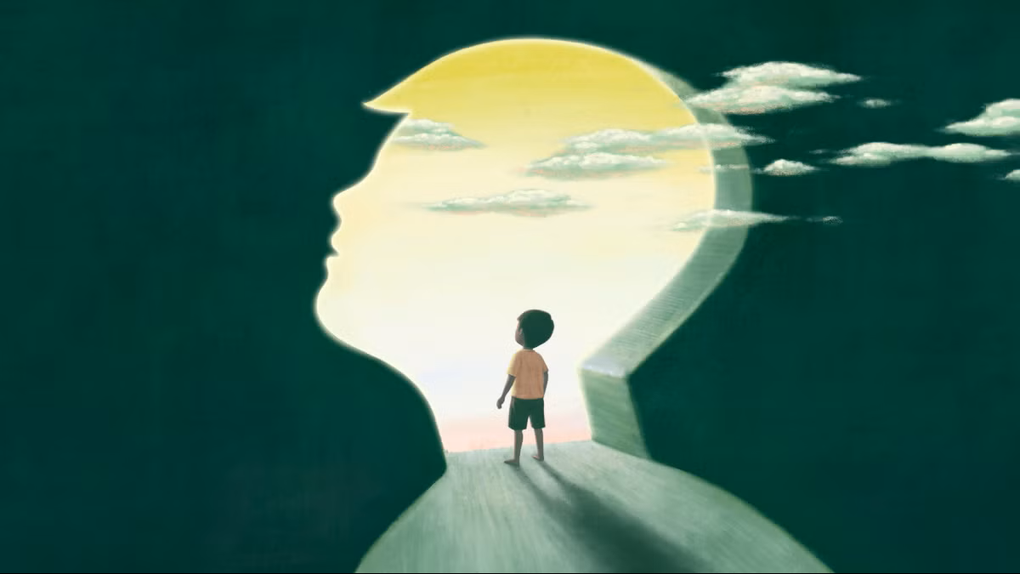
In some ancient cultures, such as the Egyptians, Greeks, and Romans, people believed that dreams were important messages from the gods. But they also could not agree on the exact origin of dreams, why they occurred, or what they meant.
Over the past 100 years, scientists around the world have learned a lot about the science of dreams. However, there is still much disagreement. Some scientists believe that dreams are important, others do not.
Around 1900, an Austrian psychologist named Sigmund Freud published an influential book called “The Interpretation of Dreams.” In it, he wrote about his experiences talking to other people about their dreams, as well as his own.
He believed that dreams arose from wishes or desires buried deep in the mind and that these wishes were often transformed in some way to disguise themselves in the dream, as they could be quite frightening or unpleasant.
Freud wanted to help people figure out what these hidden desires and longings were so they could address them in real life. He also wrote that dreams are part of the process that helps us sleep, that dreams protect our sleep from disturbances. And there is some evidence to support this idea.
Freud's ideas have had a huge influence on thinking about dreams for decades. But since Freud's time, we've learned a lot more about how sleep works. And that has sparked new ideas about what dreams can and can't do in real life.
In the 1970s, scientists such as Allan Hobson began to reject Freud's ideas about dreams, arguing that dreams had no important function. In Hobson's view, dreams had no hidden meaning or function.
He suggested that they might simply be random side effects of the chemical processes that occur in the brain during sleep, a plausible explanation for why dreams often seem strange. Hobson suggested that small bits of knowledge and imagination are activated and blended together in a nonsensical way.
But since then, other scientists have found that not all dreams are so strange. Many dreams are actually quite normal, and some have important content to the dreamer.
Perhaps you dreamed about something that happened in your recent life, such as a fun day with friends at school or family, or maybe you dreamed about appearing in a movie you saw the day before.
We often dream about things that have a significant impact on us in real life, or are related to worries that we carry with us. And the most important thing we need to realize is that our dreams are connected to real life.

Some scientists now believe that dreaming about these things can help us process them, or give us new ideas about what to do in real life. However, this remains difficult to verify.
Another interesting idea is that dreams evolved long ago to help us survive threats. Many people seem to report dreams of being chased by monsters or dangerous animals. This is seen as evidence of a threat simulation system that emerged when we lived in caves and had to hunt for food while trying not to be hunted.
If we survive a dangerous encounter in a dream, it can better prepare us to escape real threats while awake.
The problem with this idea, however, is that it is too dangerous to test for validity. For example, even if someone dreamed of fighting a tiger, scientists could not put them in a cage with a real tiger and see how they survived!
That's one of the exciting things about being a scientist. There are still so many questions to answer and we're always learning new things about dreams.
Source: https://dantri.com.vn/khoa-hoc/vi-sao-chung-ta-mo-trong-luc-ngu-20251107024553914.htm



![[Photo] Da Nang: Hundreds of people join hands to clean up a vital tourist route after storm No. 13](https://vphoto.vietnam.vn/thumb/1200x675/vietnam/resource/IMAGE/2025/11/07/1762491638903_image-3-1353-jpg.webp)









































































































Comment (0)